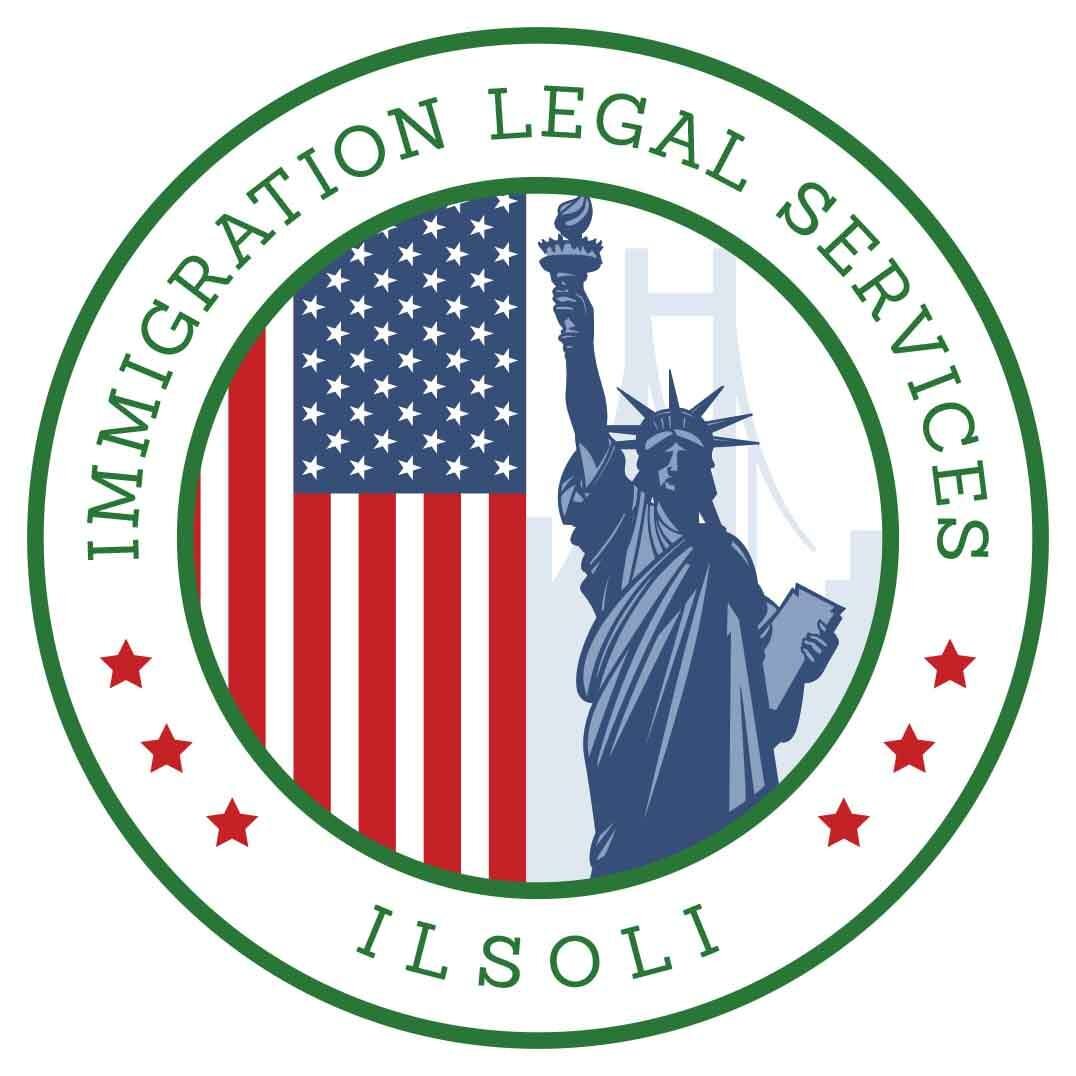The punishment of "public charge" affects the protection of immigrants with basic social assistance
Fearing that they may apply the "public charge" rule promoted by former President Donald Trump , immigrants acknowledge that they reject social aid , such as food stamps, among others.
This is revealed by a recent report by the Center for Migration Studies (CMS), which indicates that immigrants prefer not to request support for fear of family separation , an immigration status as undocumented, fear of arrest and deportation.
“A service provider recounted a case in which a mother feared that her US citizen children would be negatively affected in the future by using food stamps,” the report notes as one example.
She is an immigrant; her husband died of COVID-19 and they had two American children.
“When you applied for [food stamps], you really didn't want to do it. I had the impression that her children would also be penalized and that they would have to repay the support when they grew up, ”is exposed as an example of how the fear of punishment impacts. "Since she doesn't have any [legal immigration] status, she was scared."
The service provider told her the requirements and she finally agreed to ask for help, but everything got complicated.
“She said that she is going to receive a letter from the employer, because that is part of the requirements. When she asked for the letter, she was fired from it. She was devastated,” the helpdesk promoter recounted. “I called her and she told me no, that she didn't want to be bothered. She was so frustrated and devastated, and she just let it go."
The "public charge" policy was suspended by President Joe Biden and although the Immigration and Nationality Act (INA) sets certain conditions on the immigration benefits that immigrants can adhere to, it is not as harsh as the program that the Administration Trump wanted to implement it, which punished everything, through points: age, health status, use of public aid, financial statements and a long etcetera.
Although many immigrants live in fear, others took it as a good reason to secure immigration status, including citizenship, and obtain identification documents for themselves and their children, the report said.
"The study found that service providers had to step outside of their usual roles to provide the services needed by the immigrant community," it says. "In the midst of an unprecedented public health crisis, for example, hospital workers were also helping complete citizenship applications for patients."
Most respondents feared public benefits, due to misinformation about the impact of that public charge rule, which originally threatened to make it more difficult to obtain a green card.
Fears also remain over the presence of Immigration and Customs Enforcement (ICE) agents in local neighborhoods, even though the Biden Administration has new policies on deportation.
Another problem was the language, since the immigrants do not speak English or barely understand it, in addition to the fact that several speak indigenous languages.
"Linguistic and cultural barriers prevented immigrants from gathering information about benefits and services, perpetuating misinformation," it said.
Last October, a group of 13 Republican state attorneys general , led by Arizona Attorney General Mark Brnovich, asked the Supreme Court to hear arguments for a new public charge decision . The motion was accepted and the danger of a possible decision against immigrants resurfaces.
